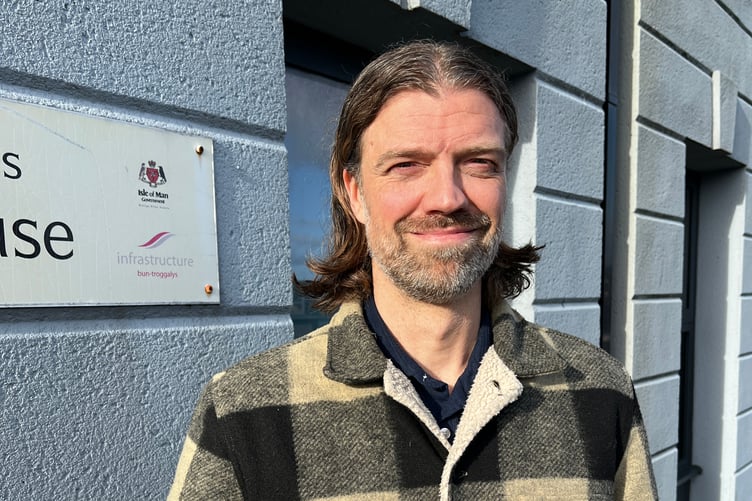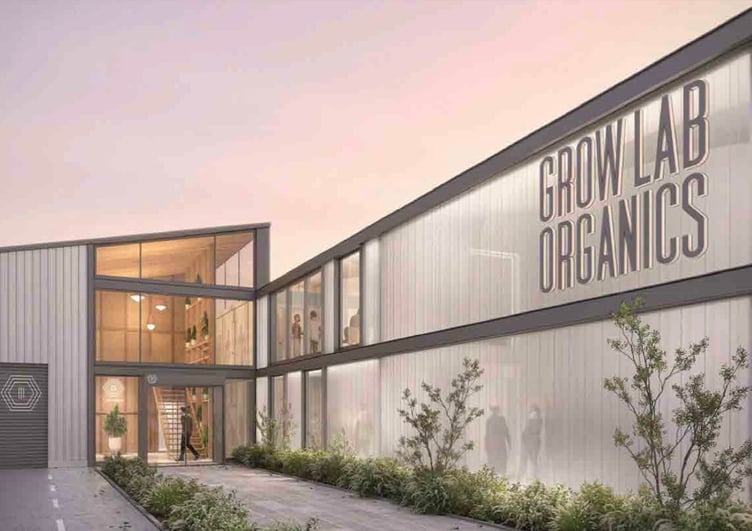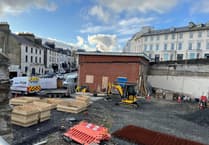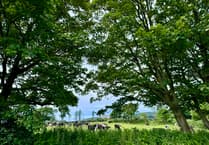The purpose-built production facility and headquarters for Grow Lab Organics is to be constructed on the Ronaldsway industrial estate, just to the west of Ronaldsway Aircraft Factory (23/00239/B).
In June 2022 island-based Grow Lab Organics became the first company in the Isle of Man to secure a licence from the Gambling Supervision Commission to grow and export medicinal cannabis commercially.
An estimated 1.8 million people across the British Isles are using cannabis sourced from the illicit market to treat medical conditions. Medicinal cannabis was legalised in the UK in November 2018.
Grow Lab founder Alex Fray told Media Isle of Man after Monday’s planning committee decision: ‘We are absolutely delighted.
‘We submitted our planning application in March 2023 and there has been multiple rounds of public consultation and engagement with many, many stakeholders in order to bring a well-rounded application that benefits not just our business but the whole community.’
He said plans are well advanced and the next stage was to engage contractors.
‘I can’t give an exact date but we want construction to begin as soon as possible,’ he said.

The proposed facility will have six growing rooms and areas for processing, storage and distribution. Cannabis plants will be cultivated using energy efficient LED lights.
Grow Lab says it intends to meet all its power needs - which will be up to 3MW in total by the final phase of development - from renewable electricity initially imported from the UK through the island’s interconnector.
It would switch to locally produced renewable energy if the Earystane onshore windfarm gets the go-ahead.
There will be a new electricity substation to facilitate the power requirements of the facility.
A rainwater harvesting tank will be used for the irrigation of plants while condensed humidity from the transpiration of the plants will be recycled back into the system.
But objectors claim that the plant will divert renewable power, increase peak hour power demand by 4%, use 25m litres of water a year and produce thousands of tonnes of CO2 emissions.
Committee chairman Rob Callister MHK asked about security measures, given the product that would be grown at the facility.
The committee was told there will be a 2.4m tall perimeter security fence, CCTV and security lighting outside the site while inside the building there will be secure access zones and a prefabricated storage room with steel walls.
Mr Fray said: ‘Security is absolutely fundamental to our building.’
Project architect Jon Humphreys said: ‘The chance of getting in are minimal. If someone does get in there are strong rooms and safe rooms that are certified secured.’
Co-founder Charlie Price explained that heat pumps would be used to cool one room and then provide the heat for the room next door. ‘It’s about as energy efficient as it could be,’ he told the committee.
Committee member Matthew Warren said this was a ‘controversial planning application’ and queried why solar panels were not included on the building’s saw toothed roof.
Mr Price said there were concerns about ‘glint and glare’ from solar panels given the proximity to the airport. Mr Humphreys said that the roof was designed to take photovoltaic cells and there was an option to install them at a later date.
Malew Commissioners clerk Barry Powell said: ‘This kind of high quality development is exactly what we need to see on this site.’




